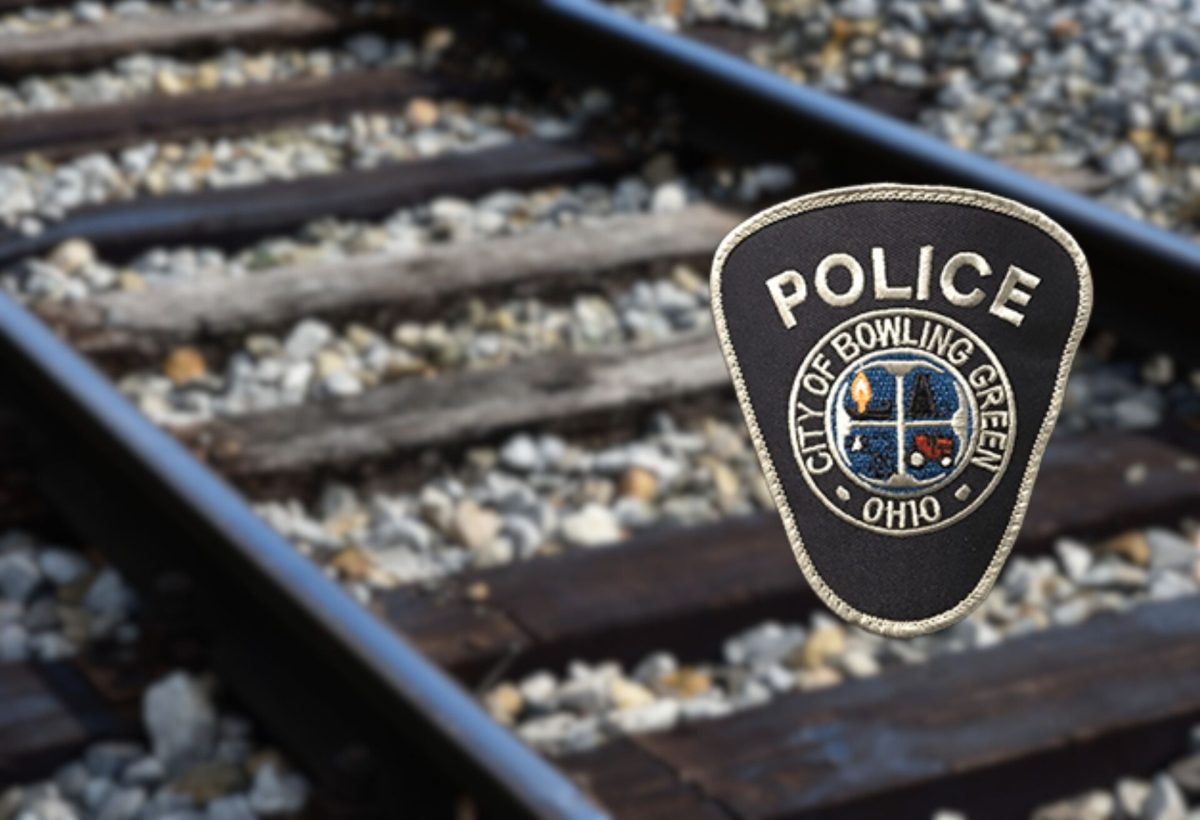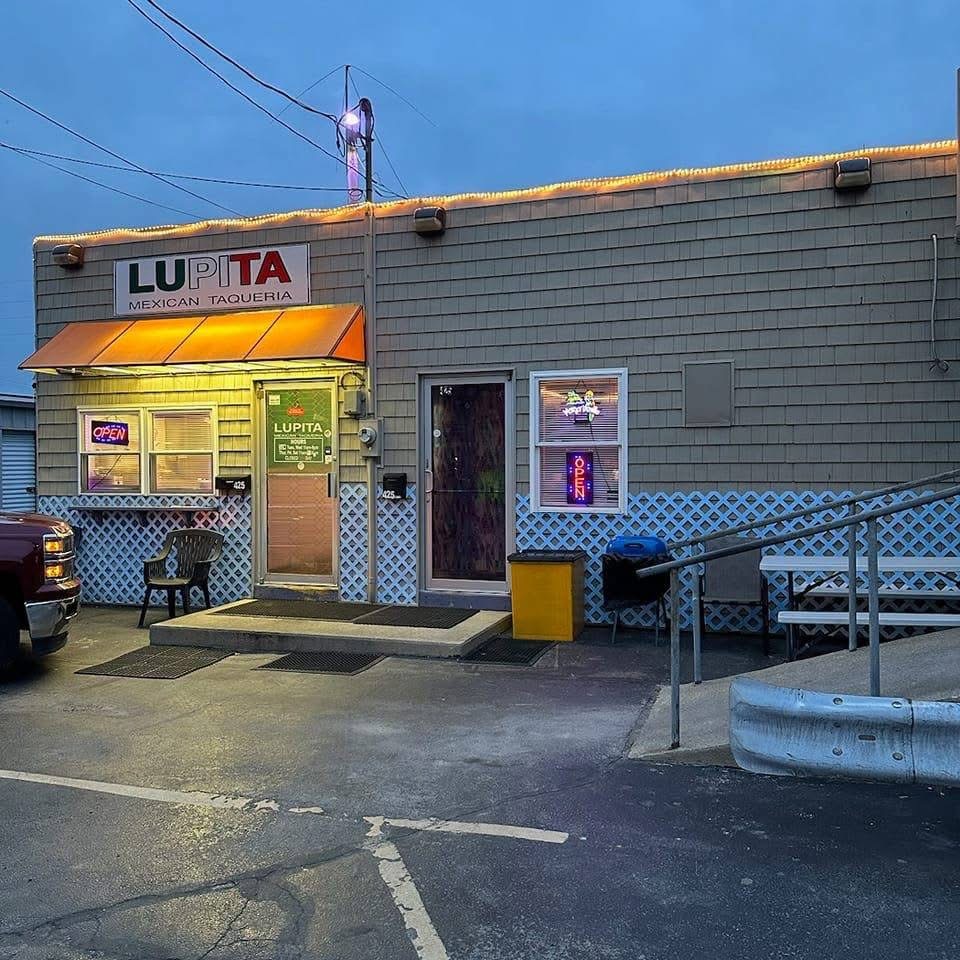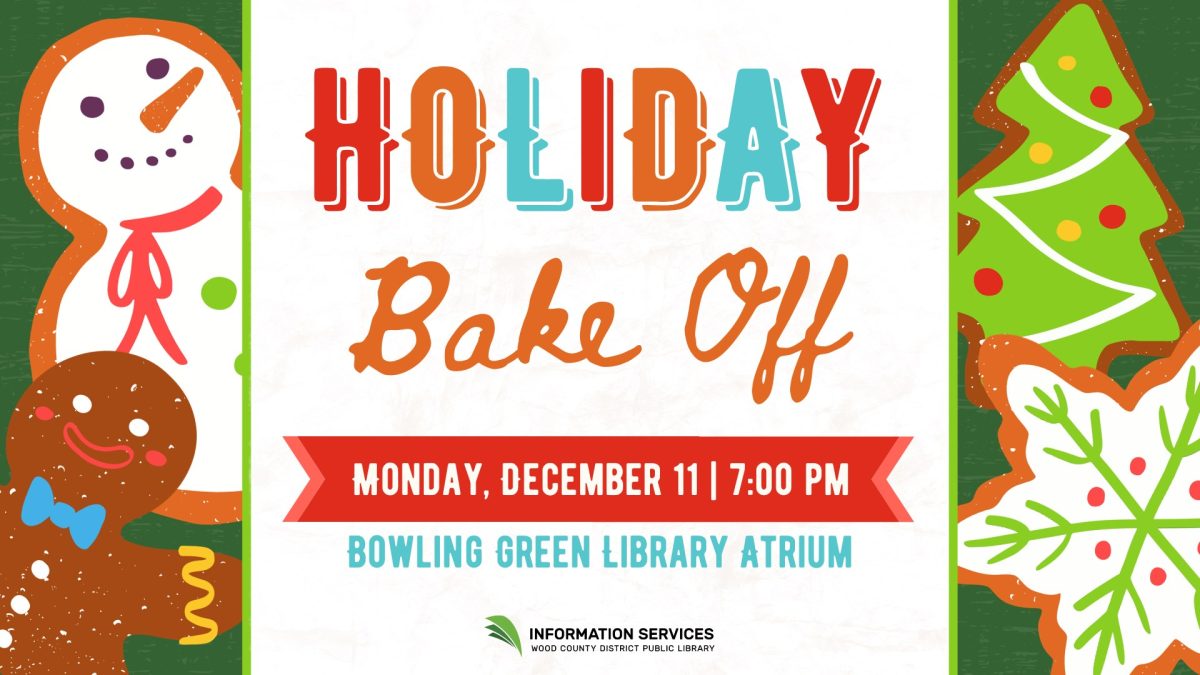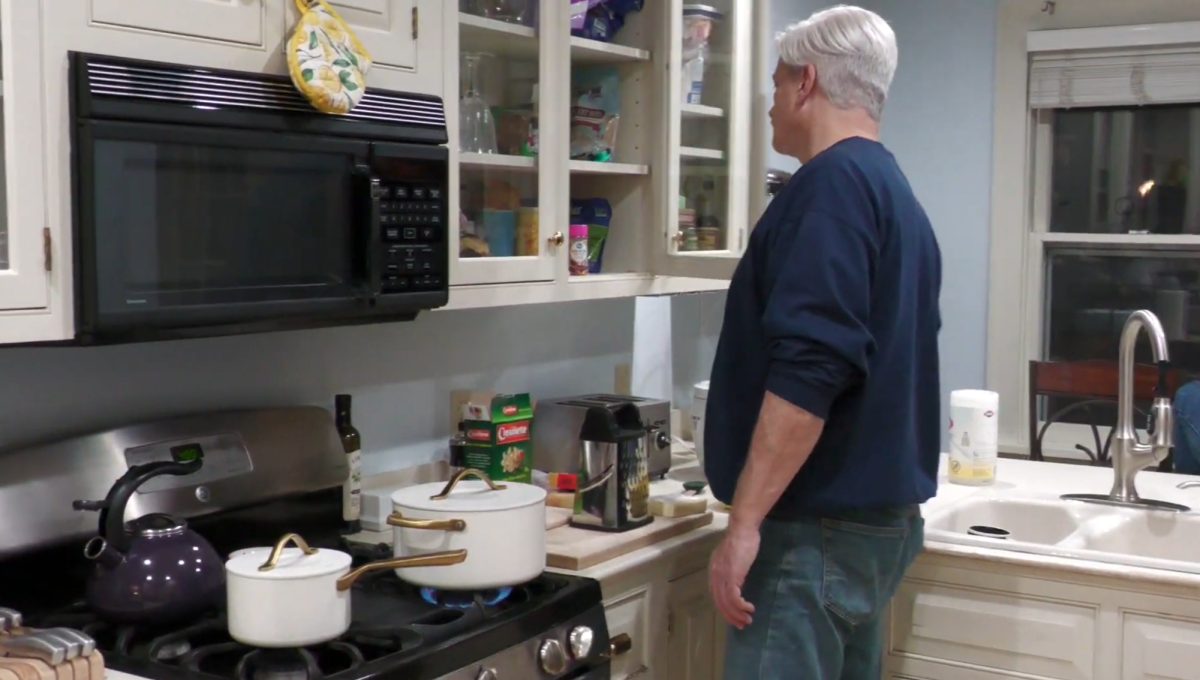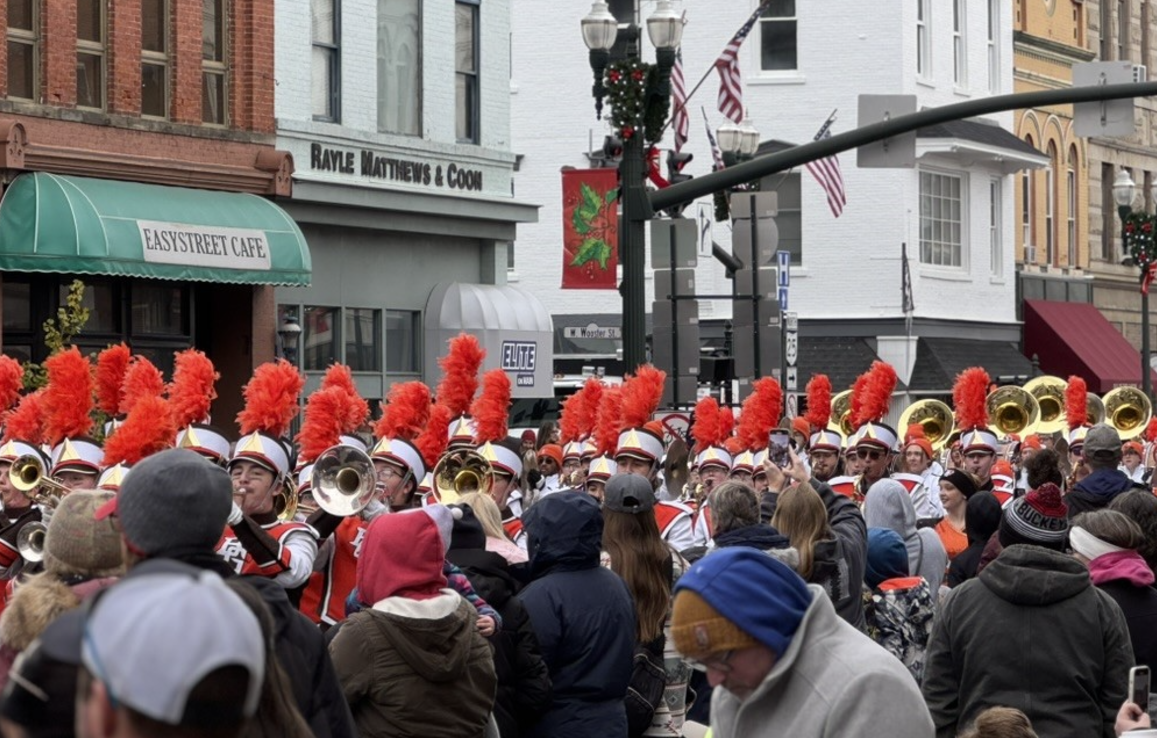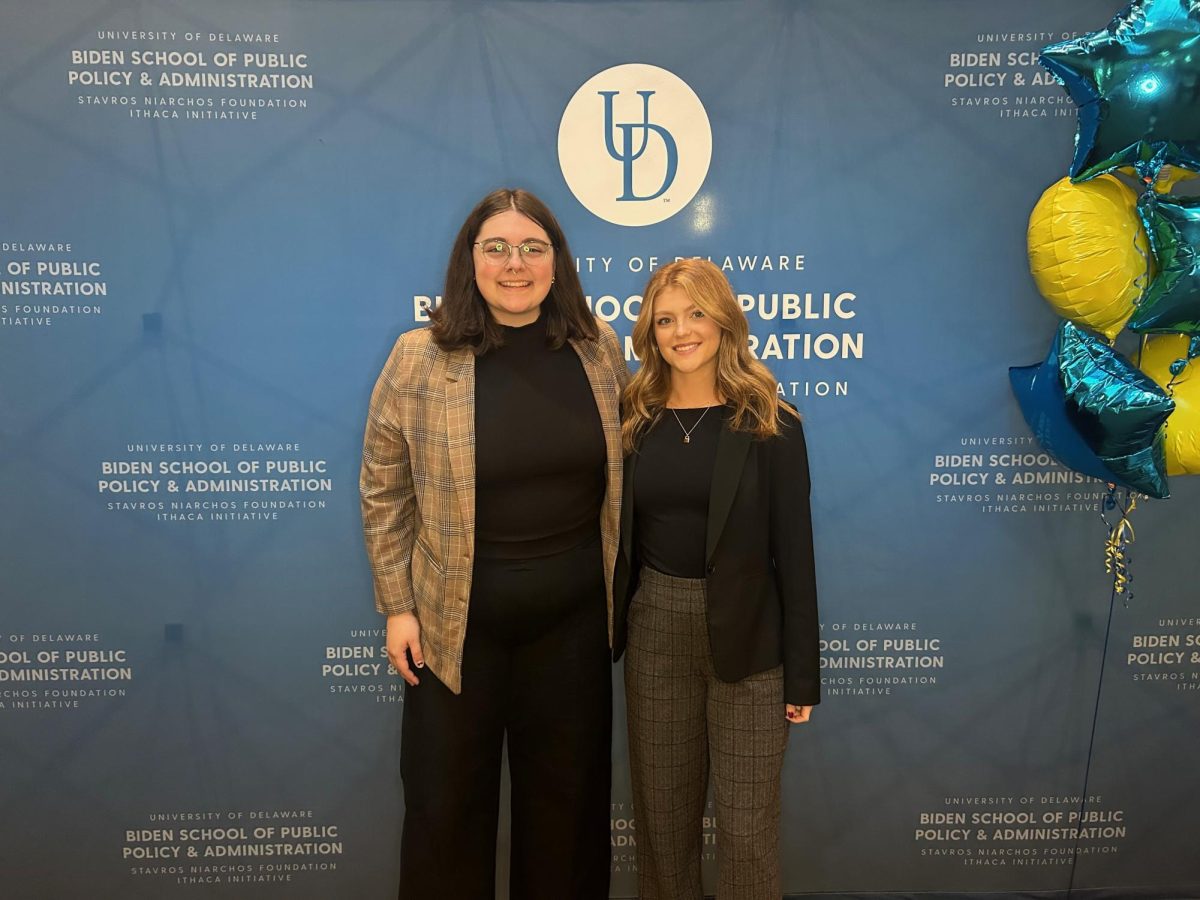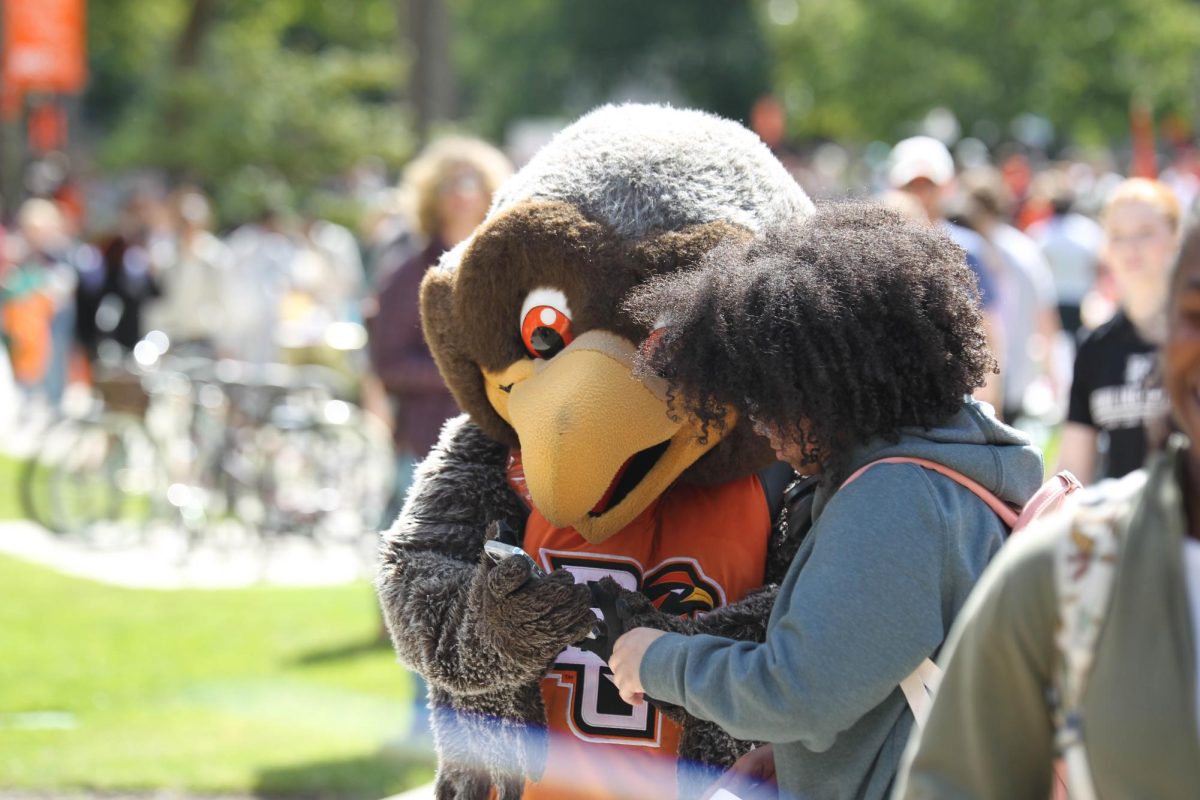This week, residents of the city will be voting on the discrimination ordinances 7905 and 7906. Those leading the opposition to the ordinances believe the laws do not give gays and lesbians equal rights, but “special rights.”
Last year once the laws won approval from the city council, the opposition passed petitions to put the issues on the ballot.
“We really thought it wasn’t good for town,” said Crystal Thompson, spokesperson for the group called “BG Citizens Voting No to ‘Special Rights’ Discrimination.”
Thompson said members of the organization do not believe people of different sexual orientations encounter discrimination in Bowling Green.
“We have not seen discrimination in Bowling Green,” she said. “We aren’t against homosexuals, we just feel there should be equal rights, not special rights.”
Thompson said that the ordinances are unnecessary and would give gays and lesbians advantages over straight people when it comes to applying for jobs since employers may face backlash if they decide against hiring someone of that sexual orientation.
“I worry that the laws will force business owners to cater to homosexuals,” she said. “If there is a lawsuit filed, business owners would somehow have to prove that they weren’t discriminating.”
Ordinance 7905 applies to the rental housing and real estate markets within the city limits of Bowling Green.
Through ordinance 7905, the terms “discriminate” or “discrimination” are redefined as follows: “Any difference in treatment based on race, color, religion, national origin, gender, gender expression, gender identity, sex, pregnancy, age, sexual orientation, creed, ancestry, disability, military status, veteran status, marital status, family status, physical characteristics, HIV-status, or genetic information,” according to the We Care BG website, a site created by the group BG Citizens Voting NO to “Special Rights” Discrimination.
Ordinance 7906 applies to businesses, educational institutions and public facilities within the city limits. These local businesses, schools and public facilities will be subject to the same anti-discrimination categories as above.
BG Citizens Voting NO to “Special Rights” Discrimination was created by a group of concerned citizens that live and/or work within Bowling Green. Many of the group members own businesses within the city.
“Our members welcome change within the city, as long as the change is productive, fair and promotes healthy family growth,” the website states. “We care that by granting special rights to one small group you risk violating the rights of a more vulnerable group within our community.”
Local resident Norm Almanson said he would encourage Bowling Green voters to vote no on the ordinances because they are unnecessary and potentially harmful to businesses.
“There are already laws that deal with various forms of discrimination on the federal, state and local levels,” Almanson said. “Any additional laws would start a slippery slope of special rights groups that could lead us into areas that we could never imagine.”
City Council President John Zanfardino introduced the anti-discrimination ordinances to council last year. Council passed the ordinances in August 2009, but the laws were quickly stalled when an opposition group submitted referendum petitions to put the issues up for a city-wide vote.
Protesters have warned of the ordinances creating frivolous lawsuits and wasting time and money, Zanfardino said the ordinances call for mediation prior to any court action, meaning unfounded claims would not proceed needlessly. Penalties are only enforced if a business fails to address the problem, he said.
“At least 16 other cities in Ohio have similar anti-discrimination ordinances in place, and none have experienced a rash of lawsuits,” he said.


